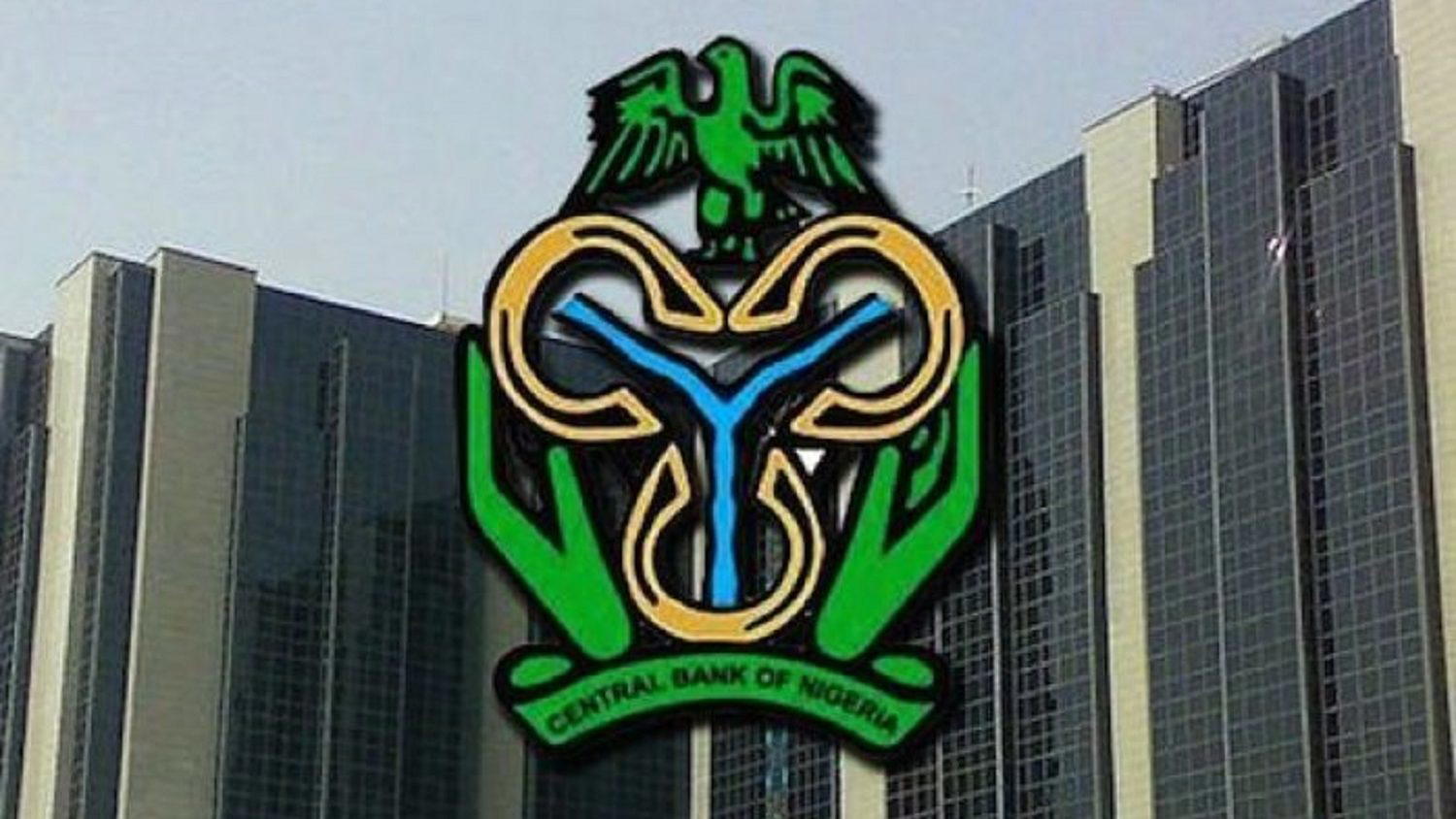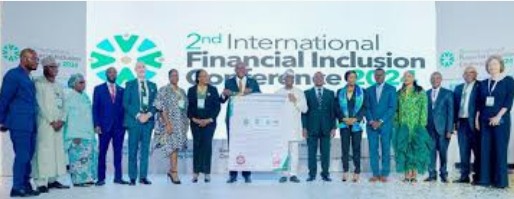
By Providence Ayanfeoluwa & Elizabeth Adegbesan
Governor of Central Bank of Nigeria (CBN), Olayemi Cardoso, has said that stakeholders in the economy must, among other things, address the infrastructural issues in underserved areas to achieve economic growth through financial inclusion.
Speaking at the unveiling of the Enhancing Financial Innovation and Access (EFiNA) survey report titled: “Unlocking Insights to Accelerate Financial and Economic Inclusion”, in Lagos, Cardoso who was represented by Mr. Chibuike Nwaegerue, Director, Other Financial Institutions Supervision, CBN, said: “To achieve major economic goals through financial inclusion, stakeholders must work towards addressing infrastructural issues in underserved areas like broadband penetration and digital identification.
“We, therefore, call on all stakeholders to continue to come up with innovative means through which financial inclusion can be leveraged to achieve the economic growth we desire.”
Presenting findings from the Access to Financial (A2F) Services in Nigeria 2023 report by EFiNA, the General Manager, EFInA, Dr Oluwatomi Eromosele, said that poverty was a major reason for financial exclusion.
He stated: “The rapid growth of access to payment is not translating to significant improvement in access to credit, savings pensions, and insurance where the social impact of financial inclusion would be bigger.
“Poverty is a major reason for financial exclusion. Nearly 50 percent of adults have no financial account because they have no income”.







